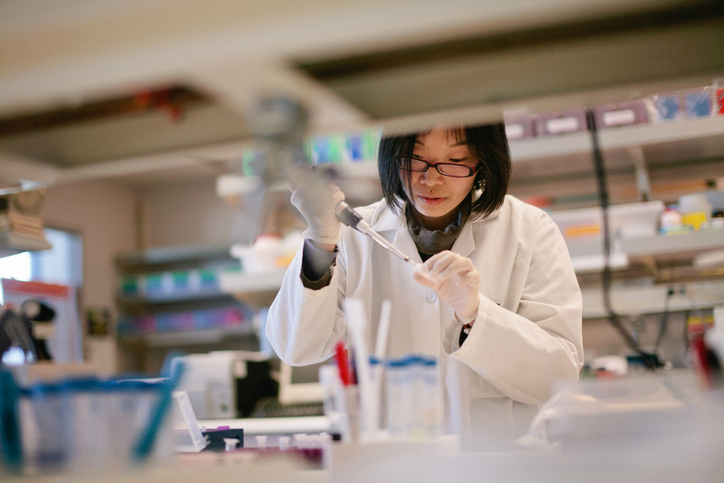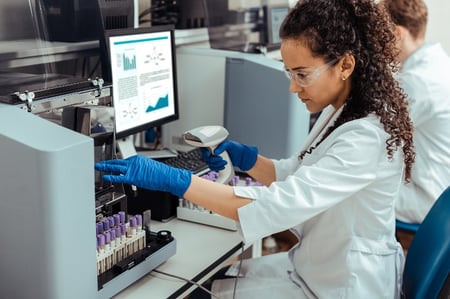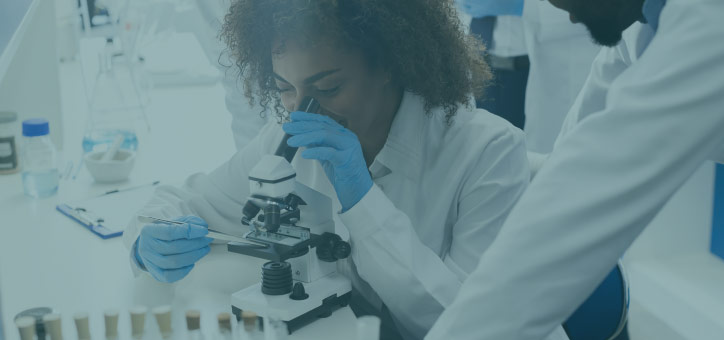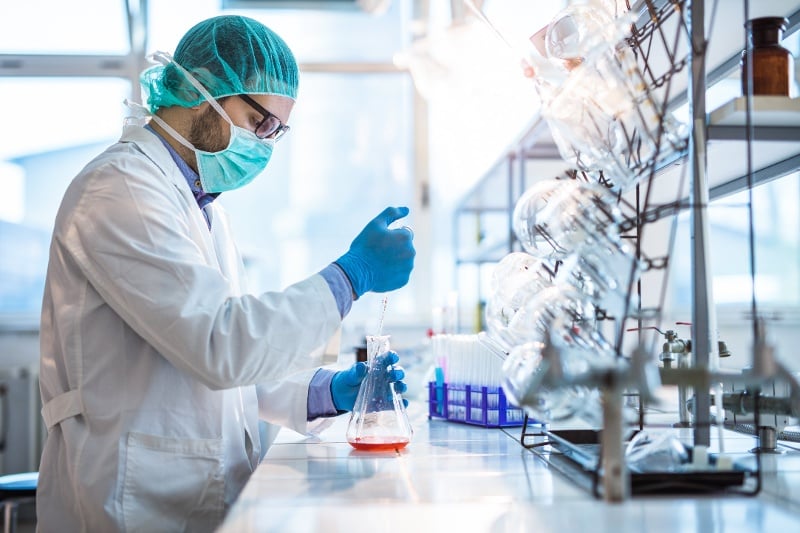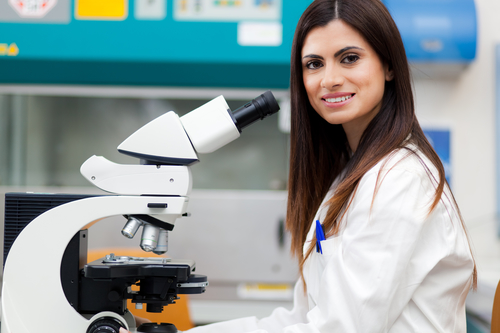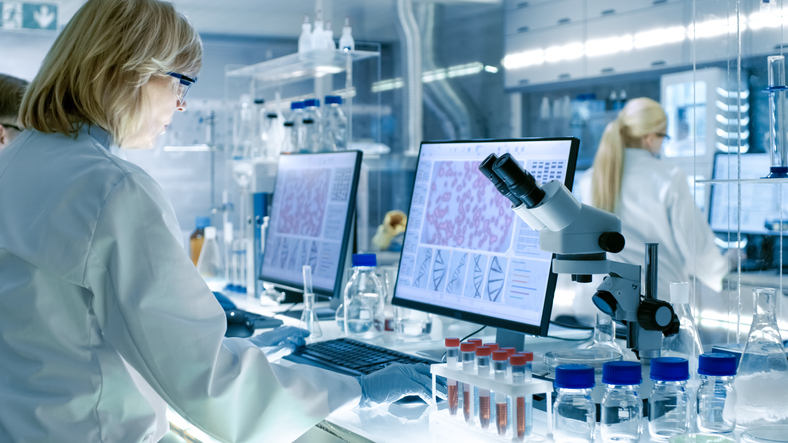Unique Tips About How To Become A Clinical Scientist

As a consultant clinical scientist, you’ll probably work in a district general hospital or a teaching hospital.
How to become a clinical scientist. For this reason, professionals seeking a career in clinical laboratory science generally have a background in chemistry, biology, microbiology, or immunology before going on to obtain a. There are various educational paths to becoming a clinical research scientist, such as starting in a scientific or medical field. Getting a certification as a certified clinical research professional (ccrp) will help you to earn more as.
Choose a specialty in your field 3. A more traditional approach involves obtaining a medical degree as well as a. To become a clinical scientist, you usually need a bachelor's degree.
To become a clinical scientist, the aspiring candidates need to earn a ph.d., usually in biology or a related life science, from an accredited institution, which usually takes six years to. To become a medical lab scientist, you must also earn your bachelor’s degree from an academic institution that is accredited by the national accrediting agency for clinical laboratory. Clinical lab scientists need a bachelor's degree in medical laboratory technology or science, clinical laboratory science, or biological science.
To become a clinical scientist, you need a bachelor's degree in medical lab. Many clinical researchers have medical degrees, doctorates in a. Train via the scientist training programme (stp) train as a biomedical scientist and then use your existing knowledge and experience to gain.
How to become a senior clinical scientist in 6 steps: Make sure you have right skills for senior clinical scientist step 3:. Below are the steps generally required to begin and advance your clinical laboratory scientist career.
To become a clinical scientist, you can either: While still in high school, it’s smart to optimize your class schedule to include as many math and science courses as possible, as this. How to become a clinical scientist qualifications needed for a career as a clinical scientist include at least a master’s degree in biology, biochemistry, medical technology, or a similar.



